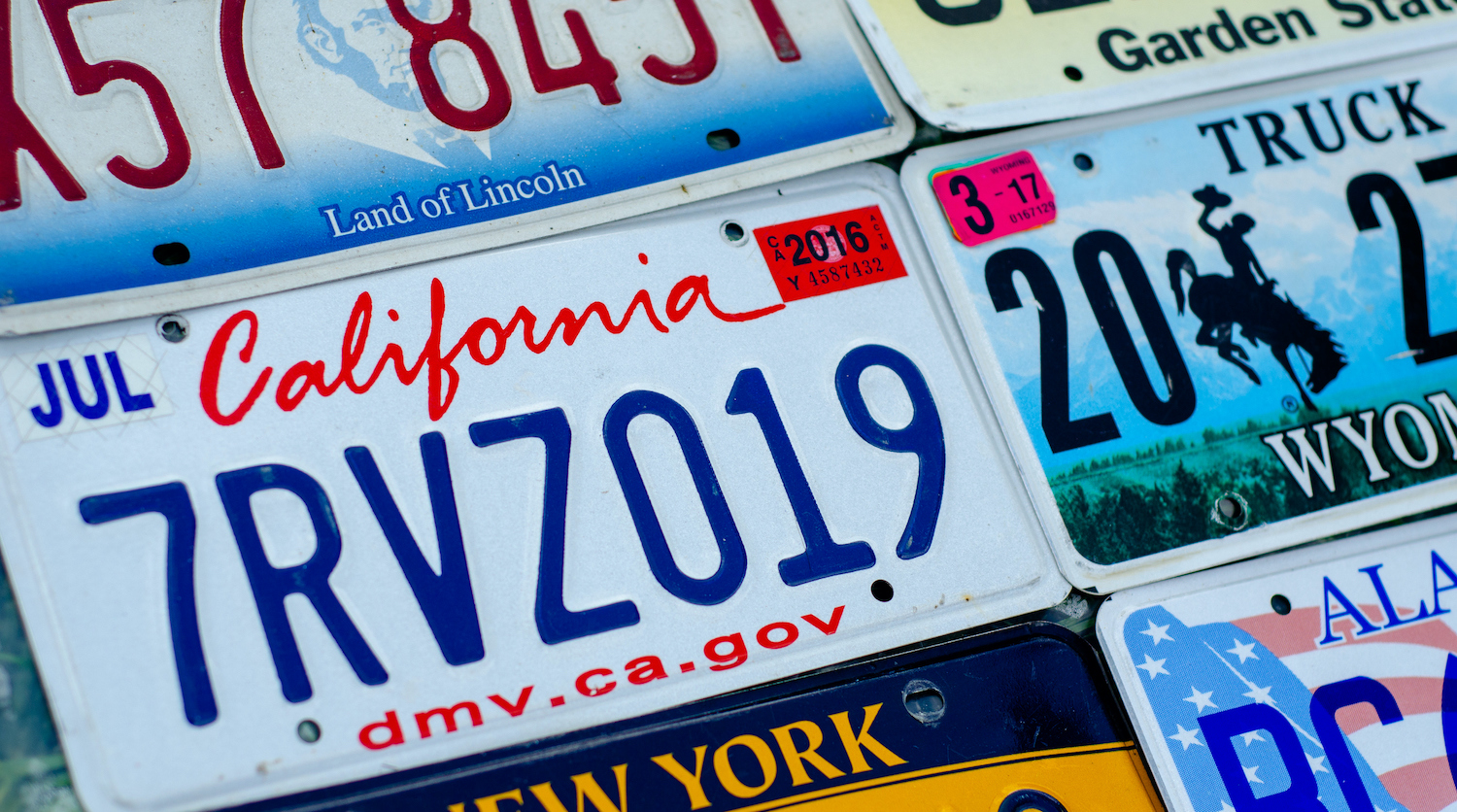Private transportation is often a prerequisite for access to work in the USA. But until recently, driving legally was impossible for the about 11 million unauthorized immigrants in the country. How did unauthorized immigrants’ labor market outcomes change when some states allowed them to get driver licenses? This paper uses American Community Survey microdata from 2010 to 2019 to examine the labor market effects of a recent policy change in California that gave about 2.6 million unauthorized immigrants access to driver licenses. Focusing on unauthorized immigrants of Mexican origin, I find that driver licenses improve this population’s access to private transportation by increasing car ownership rates and the propensity of driving to work. While driver licenses do not improve employment rates among likely unauthorized Mexican immigrants, they raise hours worked and earnings among those who are already employed. The effect on likely unauthorized Mexican immigrants’ employment remains insignificant across genders, age groups, and measures of local labor market accessibility. A power analysis, placebo test, and several alternative model specifications support the robustness of the results. The paper’s findings suggest that driver licenses have smaller benefits for unauthorized immigrants than for other populations. The lack of employment authorization prevents unauthorized immigrants from enjoying the full benefits of private transportation.

2021
Journal of Economics Race and Policy


